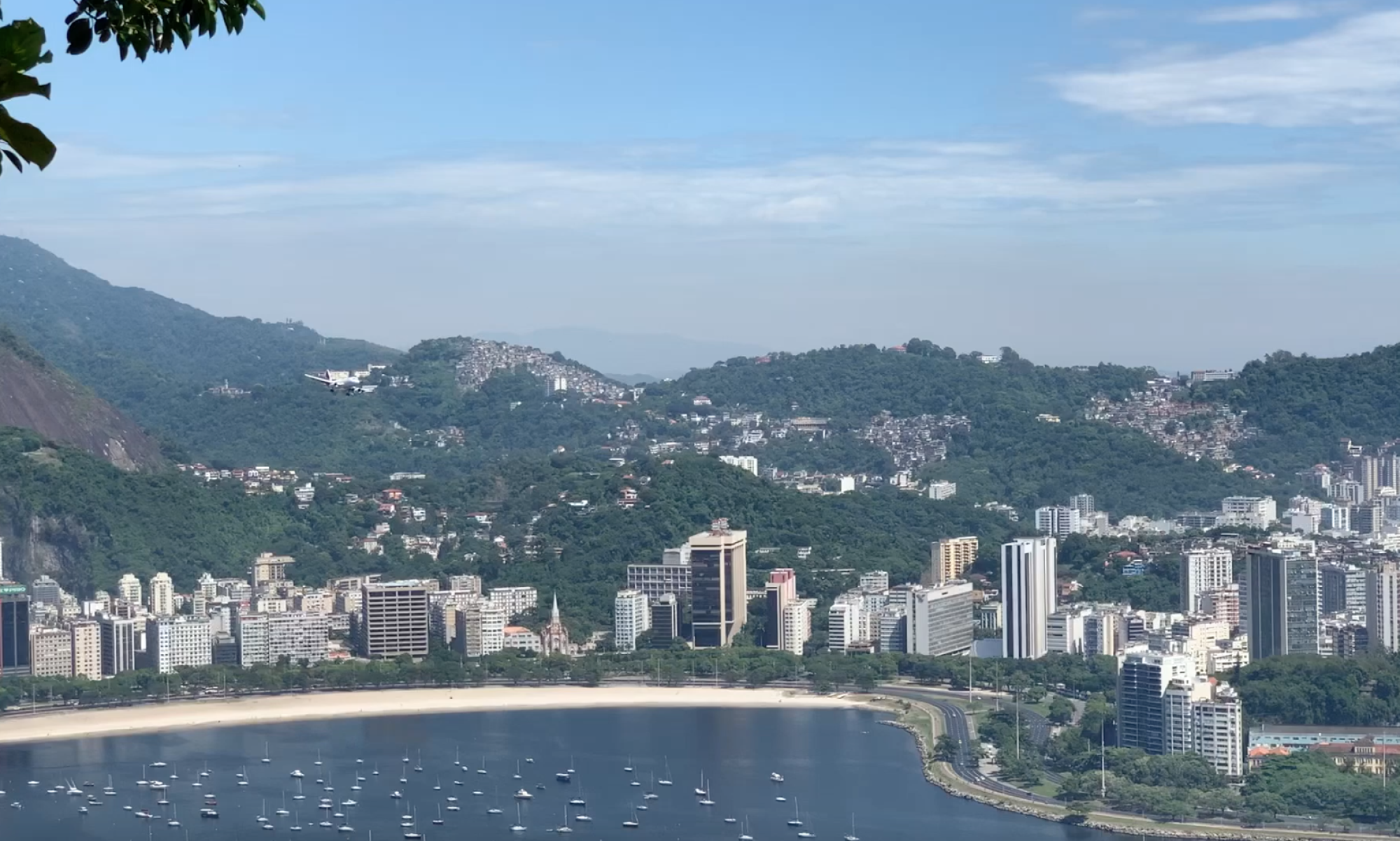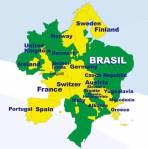Remarkable effect of local tax reduction on both economical development and tax increase is recently demostrated by the local government of Santa Catarina state in Brasil. It is well known, that Brazil suffers from a tremendous number and height of different taxes, putting pressure on international exporters in particular.
Besides a long number of national import taxes, the ICMS is under the control of each federal state.
To empower local activities of foreign companies, the ICMS taxes were reduced from 17% to 3% in Santa Catarina. In fact, a few Brazilian regional governements decrease the ICMS taxation level. The intention of the local authority is clear – reduced taxes will empower foreign activitites to increase their business within this region.
As a result of this adjustement, in 2010 the quantity of imports in Santa Catarina increased up to 140% (in Brasil only 50%). Four years ago, the state was on rank 9 in number of imports, nowadays it is on rank 5. Surprisingly the total tax income on ICMS increased about 50%.
As a further consequence a partly deindustrialization could be a severe effect. In the first seven months of 2011, import volume enlarged to about 28%. In the same time span the industrial production declined 2,4%.
A brief example: After all taxes, the market price of an electric shaver in Brazil is 177 R$, including 32 R$ ICMS tax. In Santa Catarina, the part of ICMS is only 20 R$ – a difference of 12 R$. This about 8% increase in product margin could help to develop new products and services or even help organisational restructuring – or could be used to adjust prices to gain advantages against competitors.


